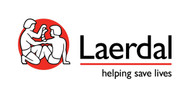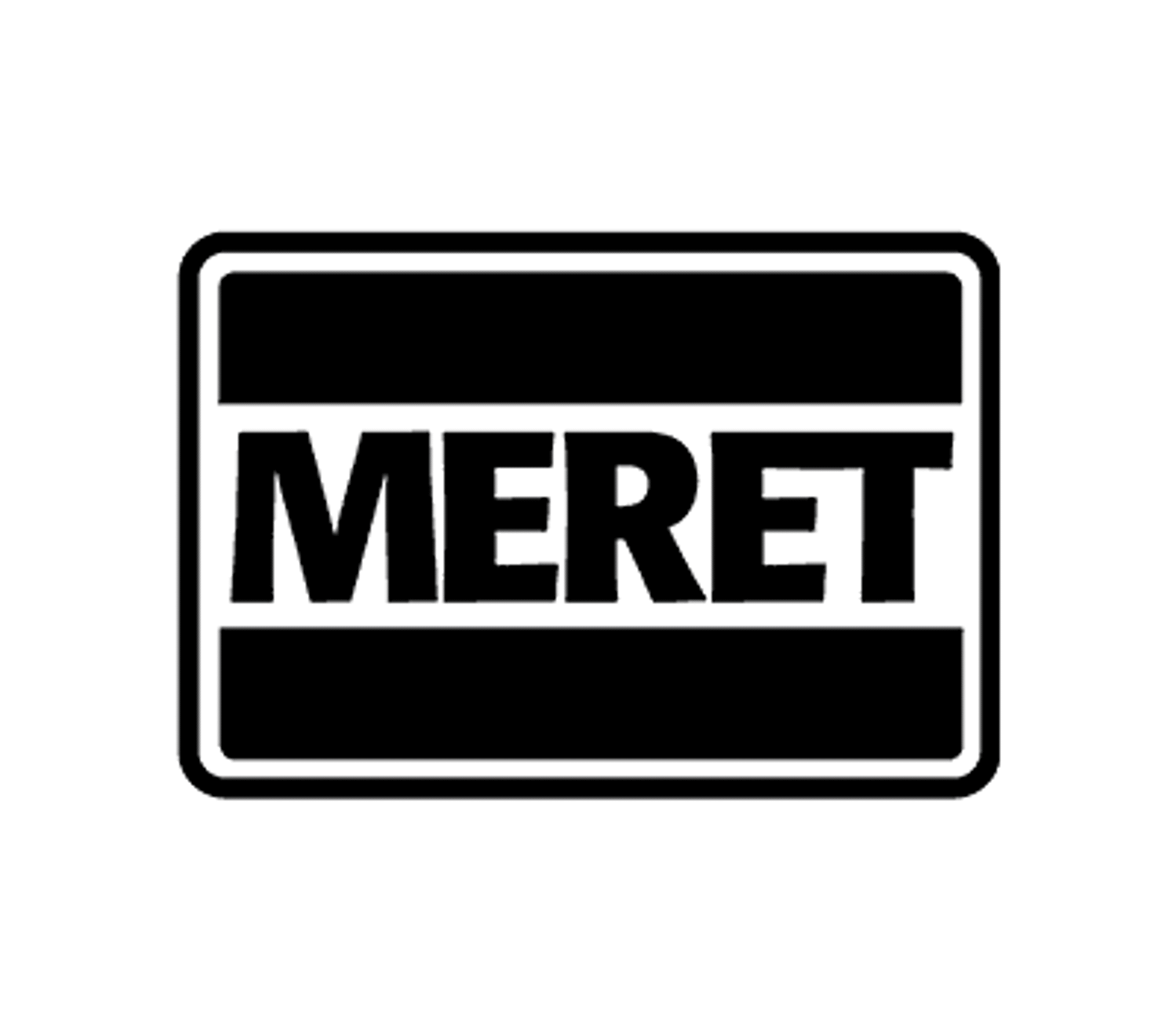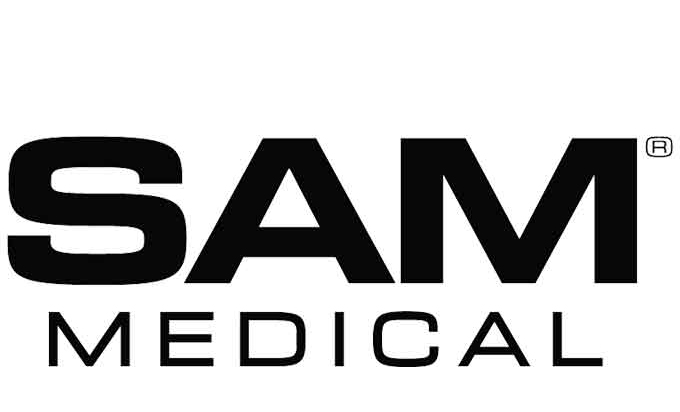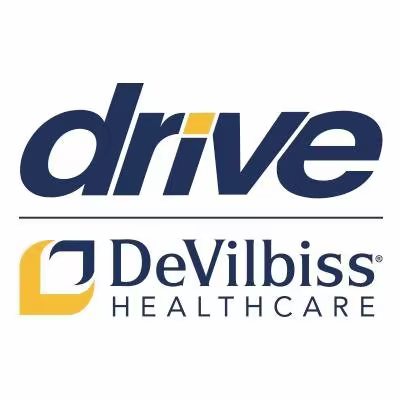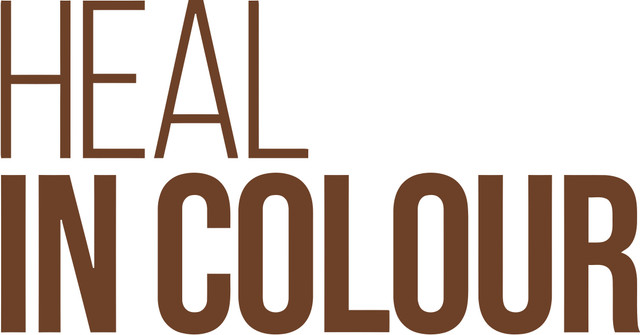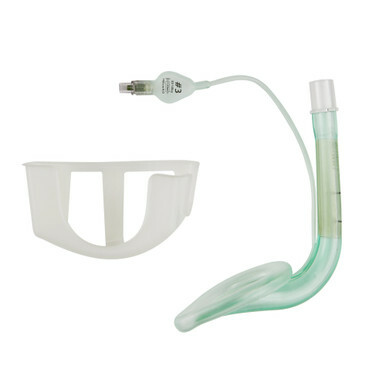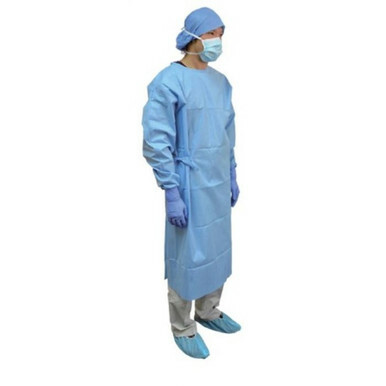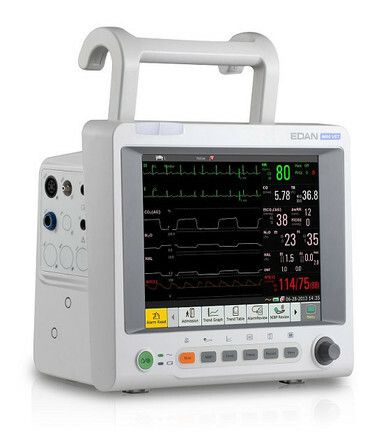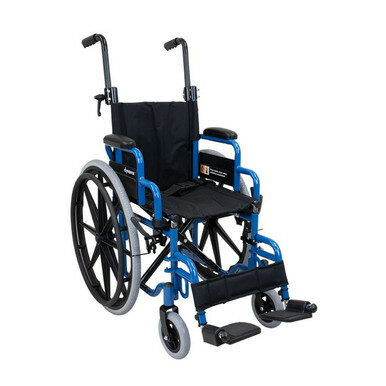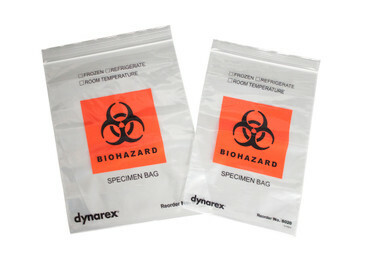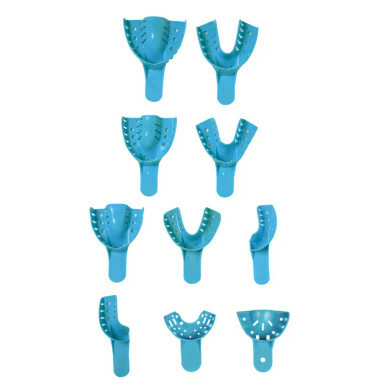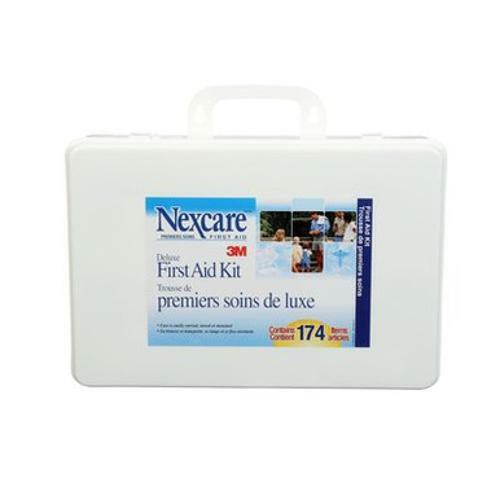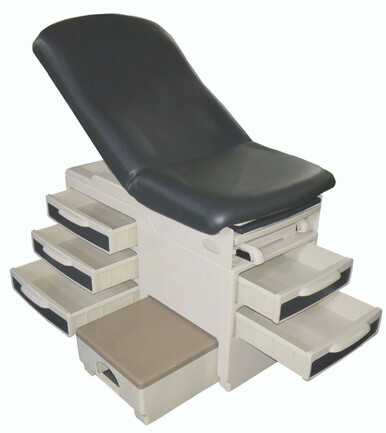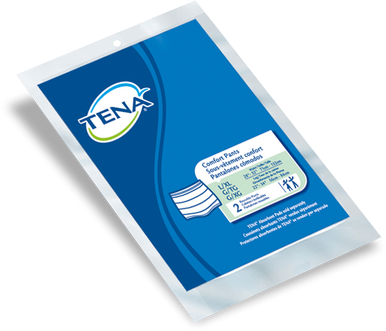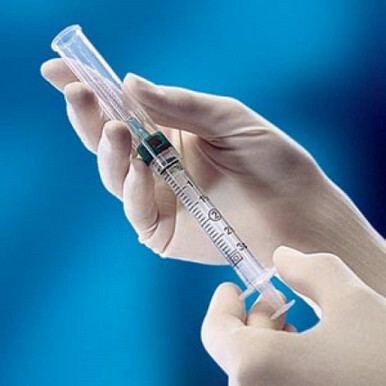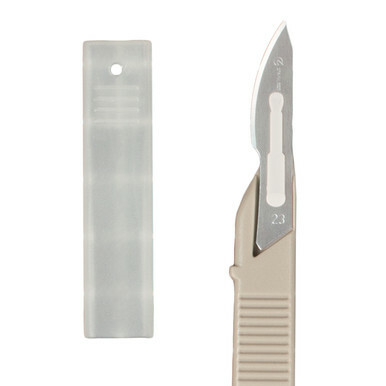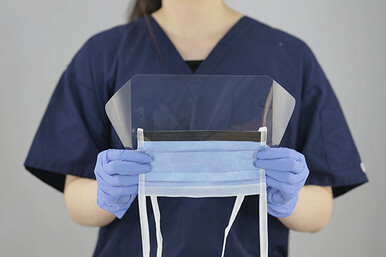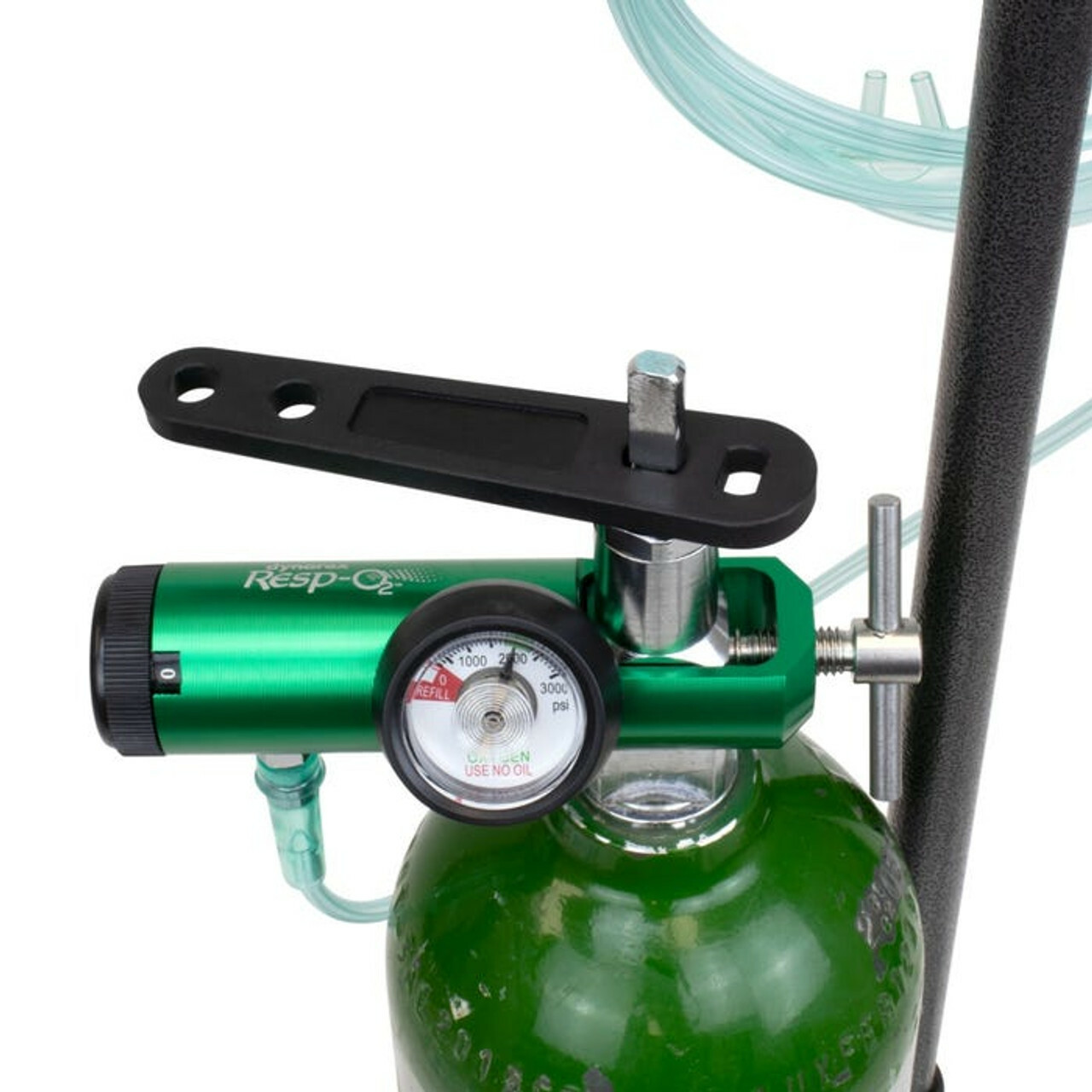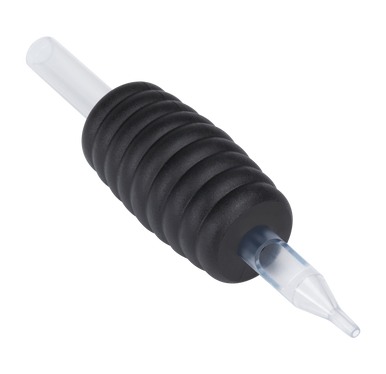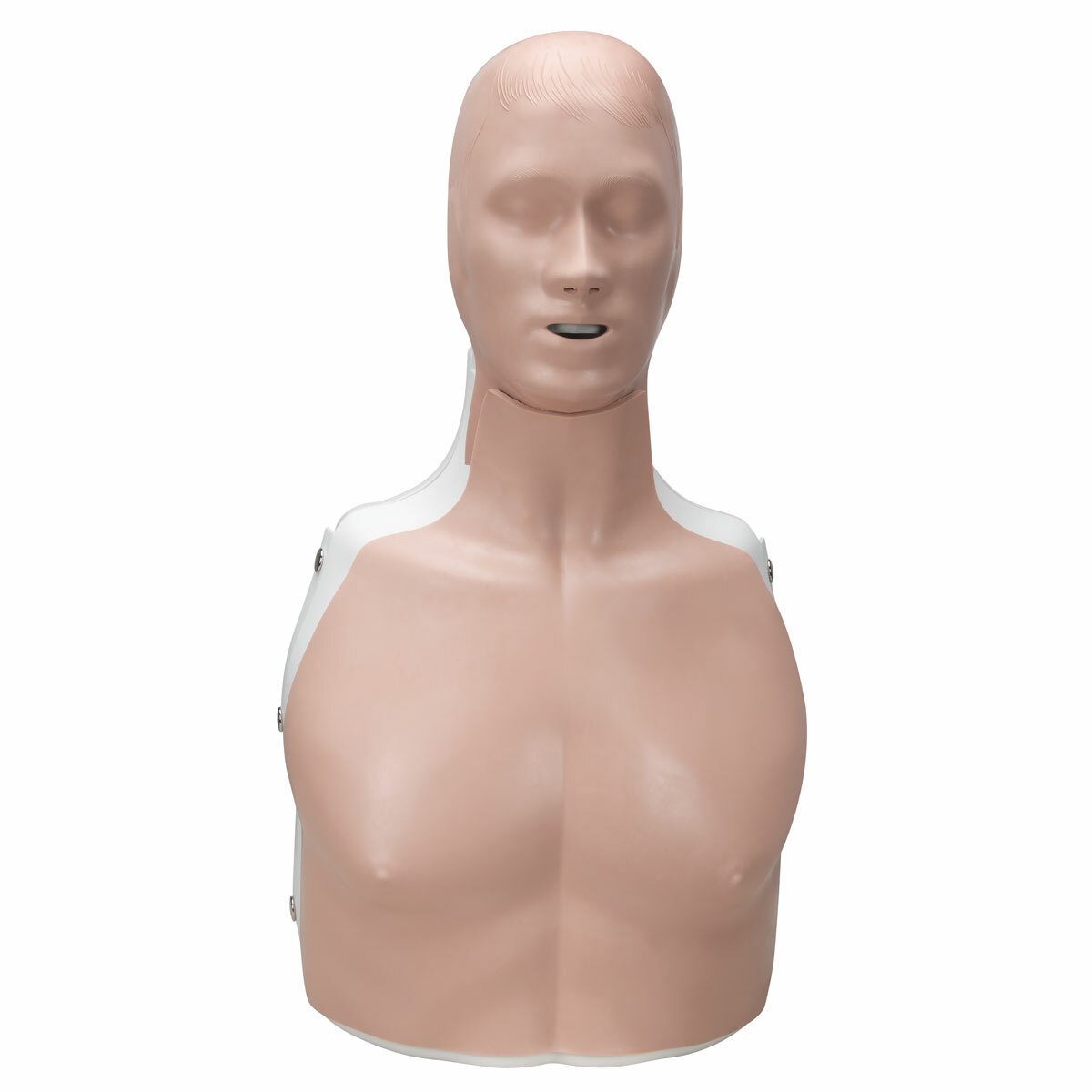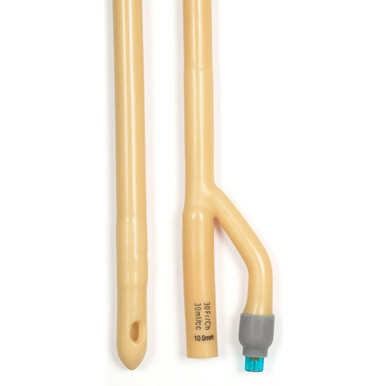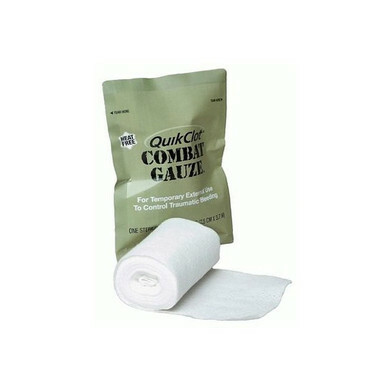Empowering Nurse Training: The Role of Pocket Nurse and Simulation Medications
Posted by EMRN on 8th Feb 2024
In the ever-evolving landscape of healthcare education, simulation-based training has become a cornerstone for preparing nurses for real-world scenarios. Central to this training methodology is the use of realistic medications and injections, which provide students with hands-on experience in a safe and controlled environment. This blog post delves into the importance of simulation medications in nurse training, highlighting the contributions of Pocket Nurse in facilitating immersive learning experiences.
The Significance of Simulation Medications:
- Realism in Training Scenarios: Simulation medications offer an authentic representation of the medications nurses administer in clinical practice. From oral medications to injections, students gain practical experience handling and administering a variety of pharmaceuticals.
- Safe Learning Environment: By using simulation medications, educators create a safe learning environment where students can practice without the risk of harm to patients. This allows for repeated practice and refinement of skills before students interact with real patients.
- Enhanced Critical Thinking: Working with simulation medications encourages critical thinking and decision-making skills. Students must assess patient scenarios, determine appropriate medications, and consider factors such as dosage, administration route, and potential interactions.
Pocket Nurse: Facilitating Nurse Training Excellence:
- Comprehensive Product Offerings: Pocket Nurse is a leading provider of simulation supplies, including a wide range of medications and injections. From oral tablets to IV solutions, Pocket Nurse offers a comprehensive selection of products to support diverse training needs.
- Quality and Realism: Pocket Nurse's simulation medications are meticulously crafted to resemble their real-world counterparts. This attention to detail enhances the authenticity of training scenarios, allowing students to engage fully in the learning experience.
- Customized Learning Solutions: Pocket Nurse works closely with educators to develop customized learning solutions tailored to specific educational objectives. Whether training for medication administration, medication calculation, or emergency scenarios, Pocket Nurse provides the tools and resources needed for success.
Best Practices in Nurse Training with Simulation Medications:
- Structured Learning Activities: Incorporate simulation medications into structured learning activities, such as medication administration labs and simulated patient encounters. Provide clear learning objectives and guidance to ensure students maximize their learning experience.
- Interdisciplinary Collaboration: Encourage interdisciplinary collaboration by incorporating simulation medications into interprofessional education initiatives. Collaborative training scenarios involving nurses, pharmacists, and other healthcare professionals foster teamwork and communication skills.
- Feedback and Reflection: Facilitate feedback and reflection sessions following simulation exercises. Encourage students to discuss their experiences, identify areas for improvement, and apply lessons learned to future practice.
Conclusion:
Simulation medications play a vital role in nurse training, providing students with the opportunity to develop clinical competence in a risk-free environment. Through immersive learning experiences facilitated by Pocket Nurse and other simulation suppliers, nurses-in-training gain the skills and confidence needed to deliver safe and effective patient care. By embracing simulation-based education and the use of realistic medications, educators empower the next generation of nurses to excel in their professional roles.



